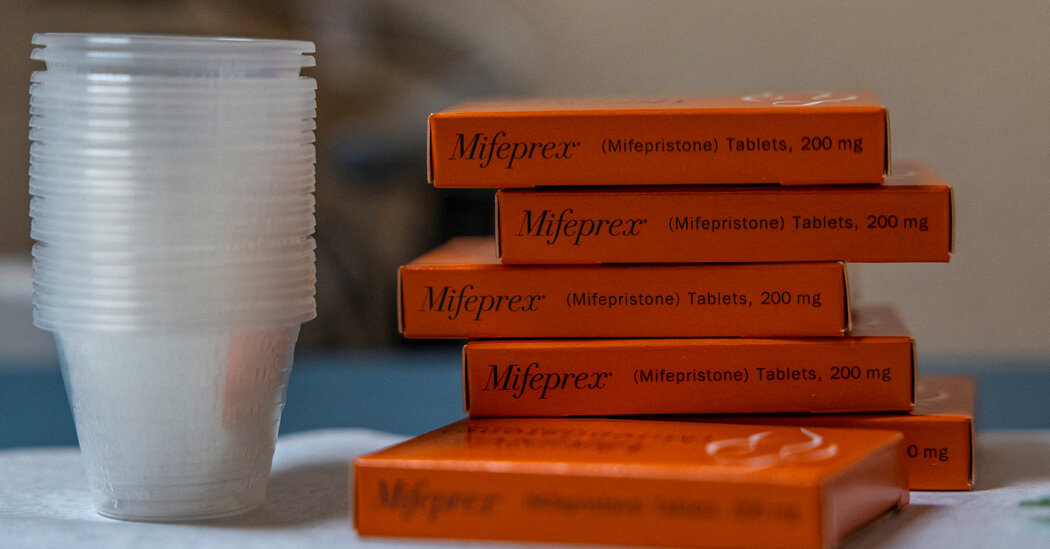
The research
The study, led by researchers at the University of California, San Francisco, looked at the experience of more than 6,000 patients in the months after the federal government began allowing abortion pills to be mailed, from April 2021 to January 2022.
The patients used one of three telemedicine abortion organizations — Hey Jane, Abortion on Demand or Choix — that served 20 states and Washington, D.C. The research, published on Thursday in Nature Medicine, ended five months before the Supreme Court overturned Roe v. Wade, igniting a wave of state abortion bans and restrictions. Since then, more telemedicine services have opened, and are used by many patients who consider the method more convenient, private and affordable than visiting clinics or doctors, especially if they have to travel to another state.
The services in the study prescribed pills to patients who were 10 weeks pregnant or less (one service had an eight-week limit) and screened patients for medical issues that would make them ineligible, like ectopic pregnancies or blood-clotting disorders.
In most cases, the services’ doctors, nurse practitioners, physician assistants and midwives were able to determine eligibility from patients’ written or verbal information about their pregnancy and health, without requiring them to have ultrasounds, which are logistically difficult for some patients to obtain. If medical eligibility was unclear, patients were asked to get ultrasounds — 486 did and were then prescribed pills, comprising about 8 percent of the 6,034 patients who received pills in the study.
The results
Researchers reviewed the medical records of the services and were able to determine abortion outcomes for three-fourths, or 4,454, of the patients. A vast majority — 4,351 patients, or 97.7 percent — completed abortions with the standard regimen: mifepristone, which stops a pregnancy’s development, followed a day or two later by misoprostol, which causes contractions to expel the tissue.
Of the remaining patients, 85 needed additional measures to complete the abortion, usually with additional medication or a suction procedure in a medical facility.
